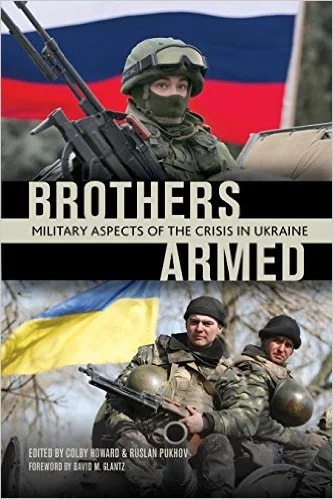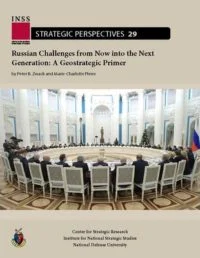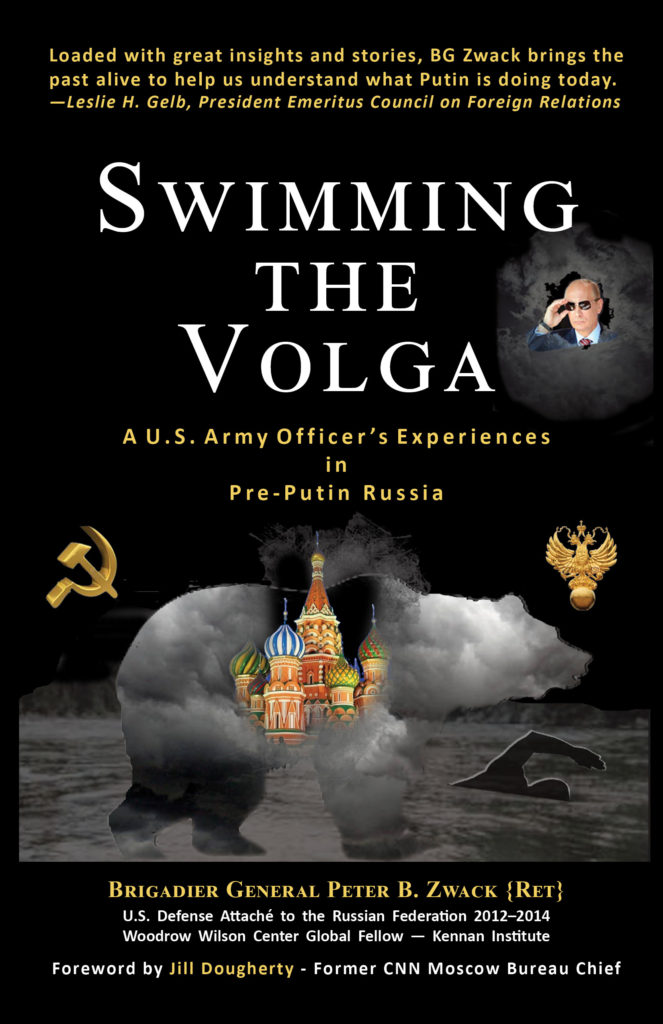The Economist – What are Russia’s Military Options in Ukraine
“What stands in front of us, what could be weeks away, is the first peer-on-peer, industrialised, digitised, top-tier army against top-tier army war that’s been on this continent for generations,” warned James Heappey, Britain’s junior defence minister, on January 19th, pointing to Russia’s build-up of over 100,000 troops on Ukraine’s border. “Tens of thousands of people could die.” Estonia’s defence chief echoed the warning. “Everything is moving towards armed conflict,” he said. Read more







